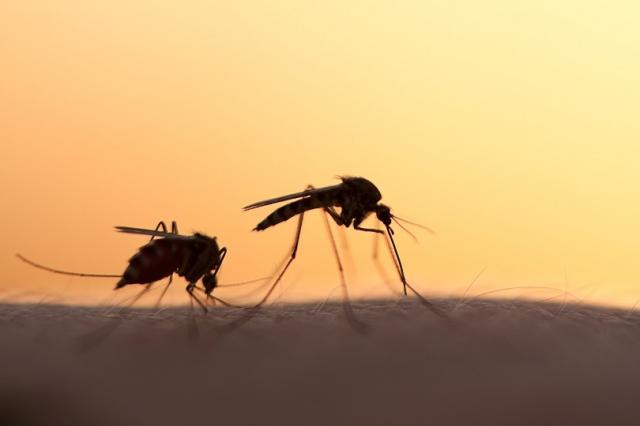Zika Virus Infection and Treatment
In February, the World Health Organization declared the Zika virus an international public health emergency. Although this is the first major outbreak of the virus, scientists have known about it since it was discovered in the Zika forest in Uganda in 1947. Worrisome and widespread reports linking the virus to cases of microcephaly and Guillain-Barré syndrome have left many people anxious to learn more about the disease and how to prevent it. The best way to stay safe is to stay informed; here are six things you should know about Zika virus.
-
Zika virus is not fatal. The World Health Organization states that there have been no reported deaths associated with Zika virus, and the Centers for Disease Control and Prevention says that people “very rarely die of Zika.” Hospitalization rates are very low as well.
-
Zika symptoms are mild, if you have any. The CDC estimates that 80% of people who are infected with the virus have no symptoms. The body simply recovers, and a person who has been infected is likely to be protected from infection in the future. If you do have symptoms such as fever, rash, or joint or muscle pain, it’s likely to be fairly mild and last for several days to a week.
-
Zika is primarily caused by mosquitoes, but can also be spread through sexual contact. The vast majority of Zika virus transmissions occur when an infected mosquito bites a human. However, a man who has been bitten by an infected mosquito can spread the virus to his sex partners. There have also been a few reported cases of transmission through blood transfusions.
-
A small Zika outbreak that involves 4 people was confirmed in Florida in late July of 2016 and marks the first time the virus has been transmitted via infected mosquitos within the continental US. Over 1,650 people in the US have been diagnosed with Zika virus so far, with the vast majority contracting the disease while traveling abroad.
-
Unless you are pregnant or trying to conceive, you have very little to worry about. The most troubling issue is Zika’s potential link to birth defects like microcephaly. If you contract Zika and you are not pregnant, you may just feel under the weather for a few days. Rest, drink plenty of water, and take some aspirin if you’re in pain. You should be fine in a week or less.
-
If you are pregnant, avoid areas of active Zika transmission. If you’re a pregnant woman planning a vacation to Aruba, Jamaica, Mexico, or any of these countries, you may want to reconsider your travel arrangements. Recently the CDC has also advised pregnant women against traveling to the Wynwood neighborhood of Miami as well. The Zika virus can be passed on to an unborn child, and there is evidence of a link between Zika and some birth defects.
How to Avoid Zika Virus Causes and Symptoms
The best way for everyone to avoid Zika causes and symptoms is to protect themselves from mosquito bites. The mosquitoes who carry this virus can live indoors or outdoors, and they are often found near standing water like animal water bowls, buckets, or still ponds. They are active during the daytime as well as at night. Take the following precautions to avoid mosquito bites:
-
Use insect repellent. Insect repellent is safe, and it’s the best way to protect yourself from mosquito bites. Read the directions thoroughly. If you have sensitive skin, spray repellent on your clothes or look for products containing oil of lemon eucalyptus, which may be less irritating.
-
Make your home unfriendly to mosquitoes. Don’t leave your windows or doors open without a screen, and dump water out of any containers that aren’t in use.
-
Wear long-sleeved shirts and pants. You can even tuck your pants into your socks, which will help prevent bites from ticks and other bugs as well. If it’s hot out, stick with cotton or linen clothes. They’re breathable and won’t leave you sweaty.
The CDC is a great source of information about Zika virus causes and symptoms, and you can always call your local FastMed Urgent Care if you’re concerned. Mosquitoes carry many viruses, so you should always protect yourself by wearing long sleeves and pants and using insect repellant when you’re spending time outside. The Zika virus outbreak is scary, but the vast majority of people will never experience any symptoms of this disease. Remember, the best way to protect yourself from any illness is by educating yourself about the symptoms and causes and taking steps to avoid them.
